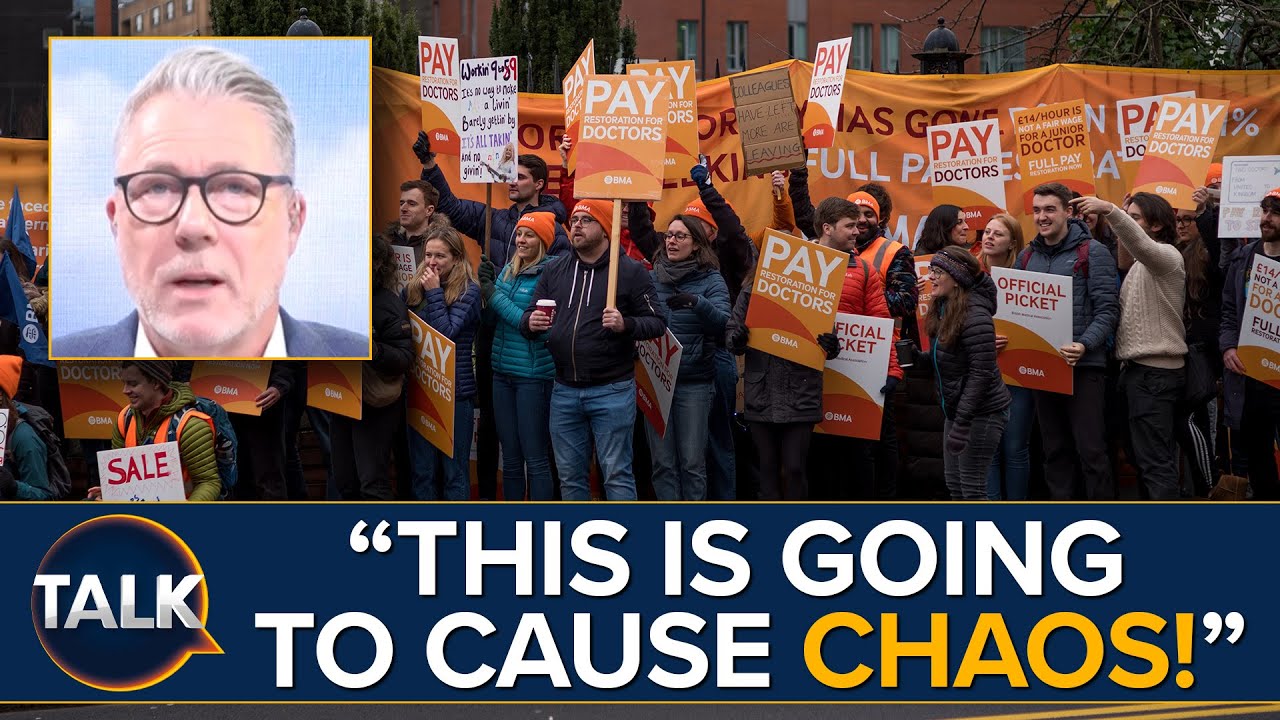
Introduction
The ongoing doctors strike in the UK has garnered significant attention, highlighting the challenges facing the National Health Service (NHS) and the medical community. As healthcare professionals unite to voice their concerns regarding pay, working conditions, and patient care standards, the negotiation landscape has become increasingly tense. This industrial action not only influences the doctors involved but also affects millions of patients who depend on timely medical care.
The Reasons Behind the Strike
The doctors strike, organised by various medical associations including the British Medical Association (BMA), is primarily a response to prolonged pay disputes, excessive working hours, and understaffing issues within the NHS. According to recent findings from the BMA, junior doctors have seen their real pay decrease by 26% since 2008, leading to frustration and calls for improved compensation. The strikes have been planned in phases, with recent walkouts in key areas disrupting services in hospitals nationwide.
Impact on Healthcare Services
With doctors taking to the picket lines, elective surgeries and routine appointments have been significantly affected. Hospitals have had to cancel thousands of appointments to manage crises and only attend to emergency cases. According to NHS England, as many as 350,000 appointments have been disrupted during this period. Health Secretary Steve Barclay has expressed concerns regarding patient safety, urging doctors to return to the negotiating table rather than pursuing industrial action that could compromise care quality.
Public Reaction and Support
Public opinion has been mixed, with many expressing empathy towards the doctors’ plight and understanding their motives. A recent survey indicated that a significant portion of the population supports the strike, recognising the critical role that fair pay and working conditions play in ensuring high-quality patient care. Moreover, social media platforms have seen an outpouring of support from former patients and advocates who understand the implications of diminishing healthcare workers’ morale on service delivery.
Future Implications
As negotiations continue between the NHS and medical professionals, the outcome of this strike may have far-reaching consequences not only for healthcare workers but also for the broader public health landscape. Should the parties fail to reach a satisfactory agreement, further strikes could be anticipated, potentially exacerbating service delays and increasing the backlog of medical cases. Analysts suggest that the resolution of this conflict is critical to restoring confidence in the NHS and ensuring the well-being of both patients and healthcare professionals.
Conclusion
The ongoing doctors strike in the UK is a pivotal moment for the NHS, illustrating deep-rooted issues regarding the treatment of healthcare professionals. As the situation develops, its significance extends beyond immediate healthcare delivery, encompassing the moral and ethical responsibilities of the government and society to uphold the standards of care. Moving forward, how this conflict is resolved will undoubtedly shape the future of medicine and public health in the UK.
You may also like

An Overview of the Ongoing Situation in Ukraine

The Sun UK: Your Guide to Current News and Events

Unpacking the Lucy Traitors Controversy
SEARCH
LAST NEWS
- Remembering Wendy Richard: The Promise to Co-Star Natalie Cassidy
- How Did Anglian Water Achieve an ‘Essentials’ Rating for Mental Health Accessibility?
- Shai Hope Leads West Indies in T20 World Cup Clash Against South Africa
- What We Know About Weston McKennie: Future at Juventus and Past at Leeds
- What We Know About the Upcoming Live Nation Antitrust Trial